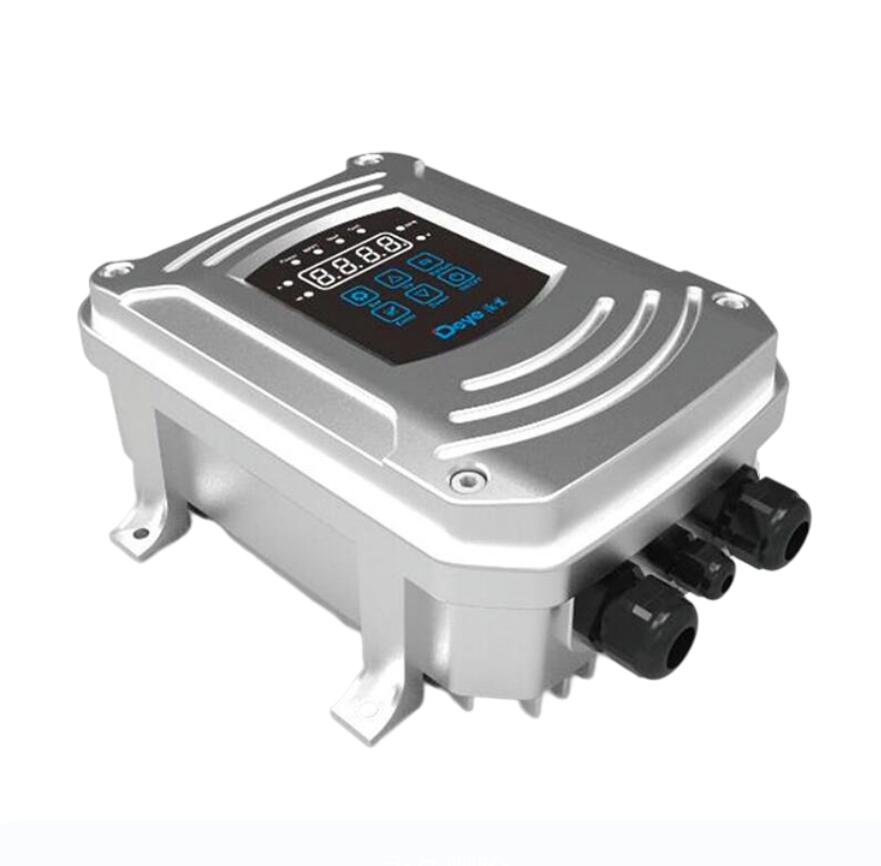In the dynamic landscape of water management and pump systems, the Water Pump Controller emerges as a crucial element, revolutionizing the way water is efficiently distributed and managed. As industries and communities increasingly seek smarter and more automated solutions, the Water Pump Controller takes center stage, offering unparalleled control and optimization for various applications.
The Evolution of Water Pump Controllers:
Water Pump Controllers have undergone a significant evolution, transitioning from basic on/off switches to sophisticated digital systems that leverage advanced technologies like IoT (Internet of Things) and SCADA (Supervisory Control and Data Acquisition). This evolution is driven by the need for precision, efficiency, and resource conservation in water distribution systems.
Optimizing Water Flow:
One of the primary functions of a Water Pump Controller is to optimize water flow by intelligently managing pump operations. These controllers can efficiently start and stop pumps based on real-time demand, ensuring that water is delivered precisely when and where it is needed. This not only enhances operational efficiency but also minimizes energy consumption, contributing to sustainability goals.
Remote Monitoring and Control:
Modern Water Pump Controllers are equipped with remote monitoring and control capabilities, enabling operators to oversee pump performance from anywhere in the world. This real-time monitoring ensures prompt detection of issues, allowing for swift responses to prevent downtime and optimize system performance. The integration of communication protocols like Modbus and MQTT facilitates seamless connectivity.
Energy Efficiency and Cost Savings:
Water Pump Controllers play a pivotal role in enhancing energy efficiency within water distribution systems. By adjusting pump speeds and optimizing operating parameters based on demand patterns, these controllers contribute to significant energy savings. The result is not only a more sustainable operation but also considerable cost reductions for industries and municipalities.
Customization for Varied Applications:
Water Pump Controllers are designed to cater to a diverse range of applications, from agricultural irrigation systems and municipal water supply networks to industrial processes. The ability to customize controller settings allows operators to adapt the system to the unique requirements of each application, ensuring optimal performance and resource utilization.
Integration with Smart Technologies:
The integration of Water Pump Controllers with smart technologies enhances their functionality. These controllers can be seamlessly integrated into broader smart water management systems, allowing for centralized control, data analysis, and predictive maintenance. Such integration empowers water utilities and industries to make informed decisions, anticipate potential issues, and streamline operations.
Addressing Water Scarcity Challenges:
In regions facing water scarcity challenges, the precise control offered by Water Pump Controllers becomes invaluable. By optimizing water distribution, minimizing waste, and maximizing efficiency, these controllers play a crucial role in addressing the pressing global issue of water scarcity, contributing to sustainable water management practices.
Conclusion:
The Water Pump Controller stands as a testament to the ongoing technological advancements in water management. Its integration into diverse systems heralds a future where water distribution is not just a necessity but a finely tuned process that prioritizes efficiency, sustainability, and intelligent resource utilization. As the world navigates complex water challenges, the role of Water Pump Controllers becomes increasingly pivotal in shaping a more water-resilient future.

